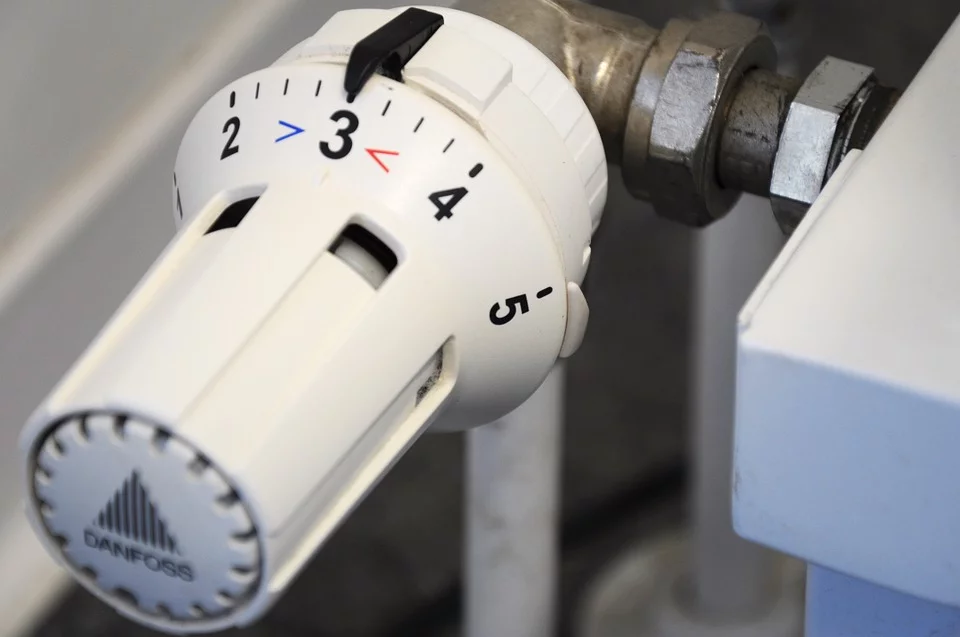UK energy prices predicted to fall in April

A charity has welcomed a predicted fall in the cost of energy bills in April but warned that it will “do nothing” to address soaring levels of debt faced by households.
Advice Direct Scotland (ADS) was responding to the latest forecast from energy consultancy Cornwall Insight, which said the Ofgem price cap would fall significantly from April 1.
The analysis found that the typical household is expected to save around £293 per year, with average bills falling from £1,928 per year at present to £1,635. Ofgem is due to announce the level of the price cap next Friday.
Hazel Knowles, energy lead for Advice Direct Scotland, said: “The predicted fall in Ofgem’s energy price cap is welcome news after what has been an extremely difficult winter for many households.
“However, the impact of the cost-of-living crisis is still being felt across the country and while lower energy bills will help people in the spring, it will do nothing to relieve the debts they have already built up.
“The level of energy-related debt across Scotland and the UK is at record levels and many people struggling to afford even basic essentials simply do not have the money to get back on track.
“We urge people across Scotland not to struggle alone – our expert advisers can provide free advice on the support available and ensure that households are claiming all the benefits they are entitled to.”
Dr Craig Lowrey, principal consultant at Cornwall Insight, said: “Forecasts show energy bills returning to their lowest levels in over two years, providing a much-needed respite for a nation struggling with a cost of living crisis.
“Fairly healthy gas supply across the Atlantic, coupled with high storage levels in Europe, are helping to keep bills down. But we mustn’t get too complacent. Our energy system is still walking a tightrope, and we cannot be sure another political or economic crisis won’t send bills straight back up.
“Even with the drop, prices will remain a struggle for many. We need to remember, bills remain hundreds of pounds above pre-pandemic levels, and if we don’t speed up the switch to sustainable energy and cut down on volatile imports, they are likely to stay that way.”







